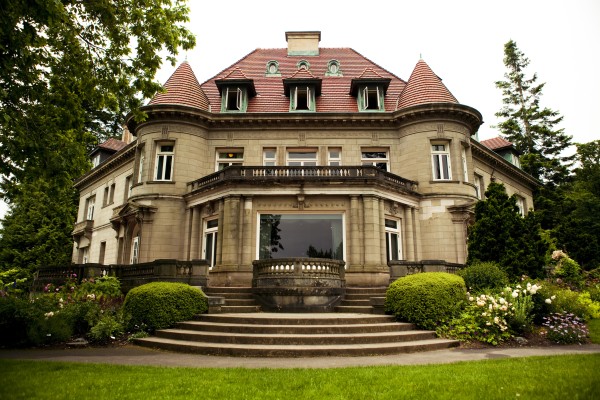High Asset Divorce Lawyer in Portland Oregon
High-asset divorces are more complex than typical divorce cases. There is simply much more at stake. Oregon Divorce Attorney Michael Romano is a high-asset divorce lawyer skilled and capable to represent wealthy individuals in their dissolution of marriage. Our firm delivers big firm results, without the big firm attitude or expenses.
What Is A High-Asset Divorce?
The phrase “high-asset” divorce is more of a term of art than an actual legal term. For example, Oregon’s statutes do not set a threshold amount of assets or income at which point a divorce becomes a “high-asset” divorce. Frequently, $1 million in liquid financial assets is used as a threshold in defining “high-net-worth.” High-asset and high-net-worth divorce cases have some common issues such as:
- Valuable real estate (residential and perhaps vacation or investment properties)
- Accounts at multiple banks and financial institutions
- Significant or valuable personal property (such as vehicles, boats, art, and other personal property)
- Stock portfolios and mutual funds
- Family-owned businesses, closely-held businesses, or other business interests
- Corporate interests and partnerships
- Compensation packages (including vested and unvested stock options)
- 401(k) accounts, pensions, IRAs, and other retirement accounts
- The need for Qualified Domestic Relations Orders (QDROs)
- Significant disputes in spousal support (alimony)
- Significant disputes in child support
- College savings plans for children
Aside from financial issues, high-asset divorce cases can also have the traditional disputes over child custody and parenting time. The parties in a high-asset divorce may have greater resources with which to litigate these issues. In some cases, professionals and expert witnesses may be brought in to help resolve conflicts– including but not limited to counselors, child custody evaluators, and parenting time coordinators.

How is a High-Asset or High Net Worth Divorce Different from a Typical Divorce?
The general principles of equity that define dissolution cases in Oregon do not change from a typical divorce to a high-asset divorce case. However, three significant considerations make high-asset divorces different:
- Frequently there are disputes as to valuation, and therefore experts may be needed (e.g. appraisers, tax preparers or even forensic accountants, vocational experts, etc)
- The amount of discovery is often greater and the depth of analysis is greater in a high-asset case (i.e. there is simply more information to review and analyze because of the greater volume or value of assets).
- Lastly, the complexity of the case is simply greater. When more assets are in dispute, negotiations take longer, trials take longer, and even judgments (sometimes still referred to as”decrees”) are more complex to draft.
What To Look For in a High-Asset or High Net Worth Divorce Attorney
Nearly all divorce lawyers advertise themselves as “high-asset divorce lawyers.” It makes sense because attorneys want to represent clients with greater assets. Large firms have large overheads, and they therefore need clients with significant assets. So how does one choose a divorce attorney when there are significant assets at stake? Here are some suggestions:
- Schedule in-person consultations with 3-5 different attorneys. This will give you a good sample to select from.
- Determine what investment the attorney has made in both time and interest specifically towards divorce work. How much of their practice is focused on family law?
- Ask the attorneys whether they will be doing all the work, or handing it off to multiple associates. Some large firms play musical chairs with clients in order to increase billing for the firm.
- Inquire as to the percentage of the attorney’s practice is in litigation. Settlement negotiations, mediation, arbitration, and collaborative work are all fine in theory, but if there are disputes that need to be heard by a judge, you need a courtroom advocate.
- Finally, get a feel for the best fit for you. Divorce cases are not like business transactions. They are much more personal, and they can take months to resolve. You’re going to want to work with an attorney that you trust, and that you can get along with.
